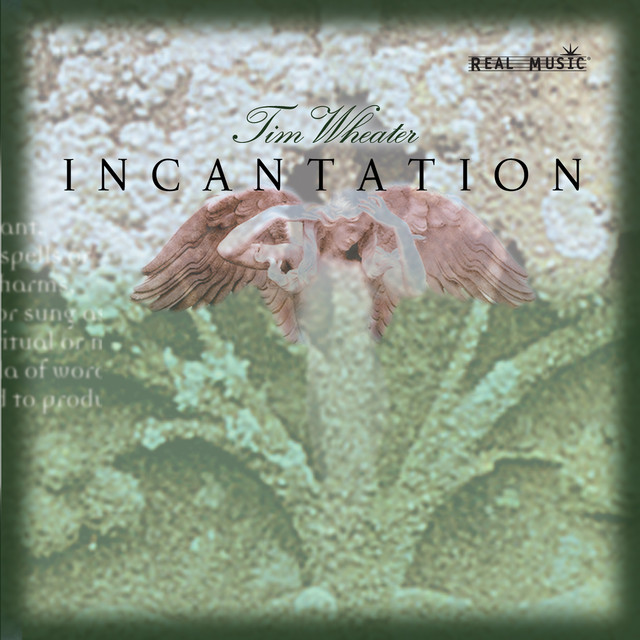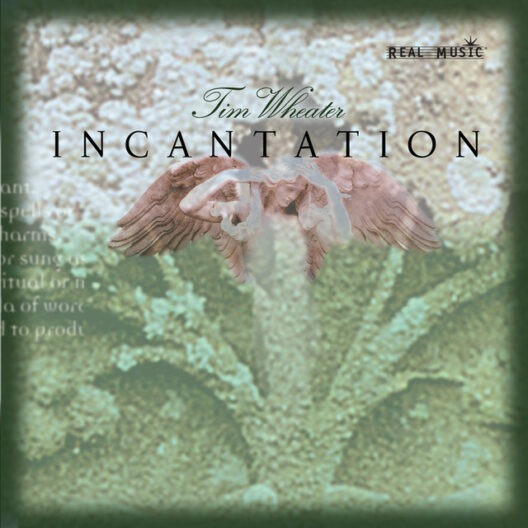This website uses cookies so that we can provide you with the best user experience possible. Cookie information is stored in your browser and performs functions such as recognising you when you return to our website and helping our team to understand which sections of the website you find most interesting and useful.
Tim Wheater
When we hear the music of Tim Wheater, something stirs deep inside us. Something powerful evoking emotions, stirring memories, and healing. This dynamic impact is the result of a lifelong journey, a marriage combining exceptional experience as a musician with a shaman’s knowledge of the healing effect of music.
Unwavering in his insights on the power of music to penetrate our souls, Tim approaches his music — whether composing, performing, recording, producing or lecturing on its healing abilities — with the respect and wonder of a child and the clear intent that only a true virtuoso attempts.
A prodigy born to the flute in his native England, Tim studied at the Guildhall School of Music in London. News of his brilliance reached across the English Channel to Paris where the French government provided a scholarship to study with such musical notables as Marcel Moyse, Jean-Pierre Rampal and Roger Bourdin. His formal education then led him to New York where he studied solo technique at the Eastman School with one of the world’s greatest wind instrument masters, James Galway.
Returning to his homeland, his performing career began in earnest with appearances with the London and Birmingham Symphony Orchestras and with notable ensembles led by conductors Simon Rattle and Sir Adrian Bolt, among others. He also played at musical events throughout Europe with his former teacher, James Galway.
Yet in the early 1980s, this brilliant, world-class flautist with classical training made a move which foreshadowed his eclectic musical insights and evolving career direction. Joining Annie Lennox and Dave Stewart, Tim became a founding member of the alternative rock band, Eurythmics. Over the next three years he played keyboards and wind instruments for the band, while learning first-hand the thrill of successful recording and the rigors of performance touring on both sides of the Atlantic.
Wheater’s experience playing keyboards provided profound insights into how the versatility of the synthesizer could be combined with the naturally sweet sound of the flute to create beautiful melodies containing hidden, almost mystical power.
Inspired by the creative liberation provided by contemporary music, Wheater left Eurythmics to explore his singular form of musical expression and composition. The release of his first solo album, Awakenings, attracted critical acclaim and a powerful response from an unexpected quarter. He suddenly became deluged by psychologists and other healing professionals who wanted to share their observations on how his music had produced a healing effect on their patients.
Just as his interest in the therapeutic power of music was awakening, Wheater was stricken with aluminum sulfate poisoning. This substance numbed and partially paralyzed his lips and fingers, making playing the flute impossible. Even in the face of this painful situation, he pressed on in his quest for knowledge.
Traveling the world — from ancient and mystical India where he encountered the richness of the voice as a musical instrument, to studies with American Indians and other indigenous musicians who, like the didgeridoo playing Aborigines of Australia, often enlisted eons-old instruments to contact wisdom deep within the soul — Wheater gradually increased his understanding into how sound and music can tap into a deep healing energy. In the process of cultivating his own voice as an instrument, he gradually healed himself and recovered the sensation in his lips and hands.
Wheater’s more than 20 original albums present a broad pallet of sounds, variously combining synthesizers, a selection of traditional and/or ancient instruments and, often, instrumental or chorus-like use of human voices.



